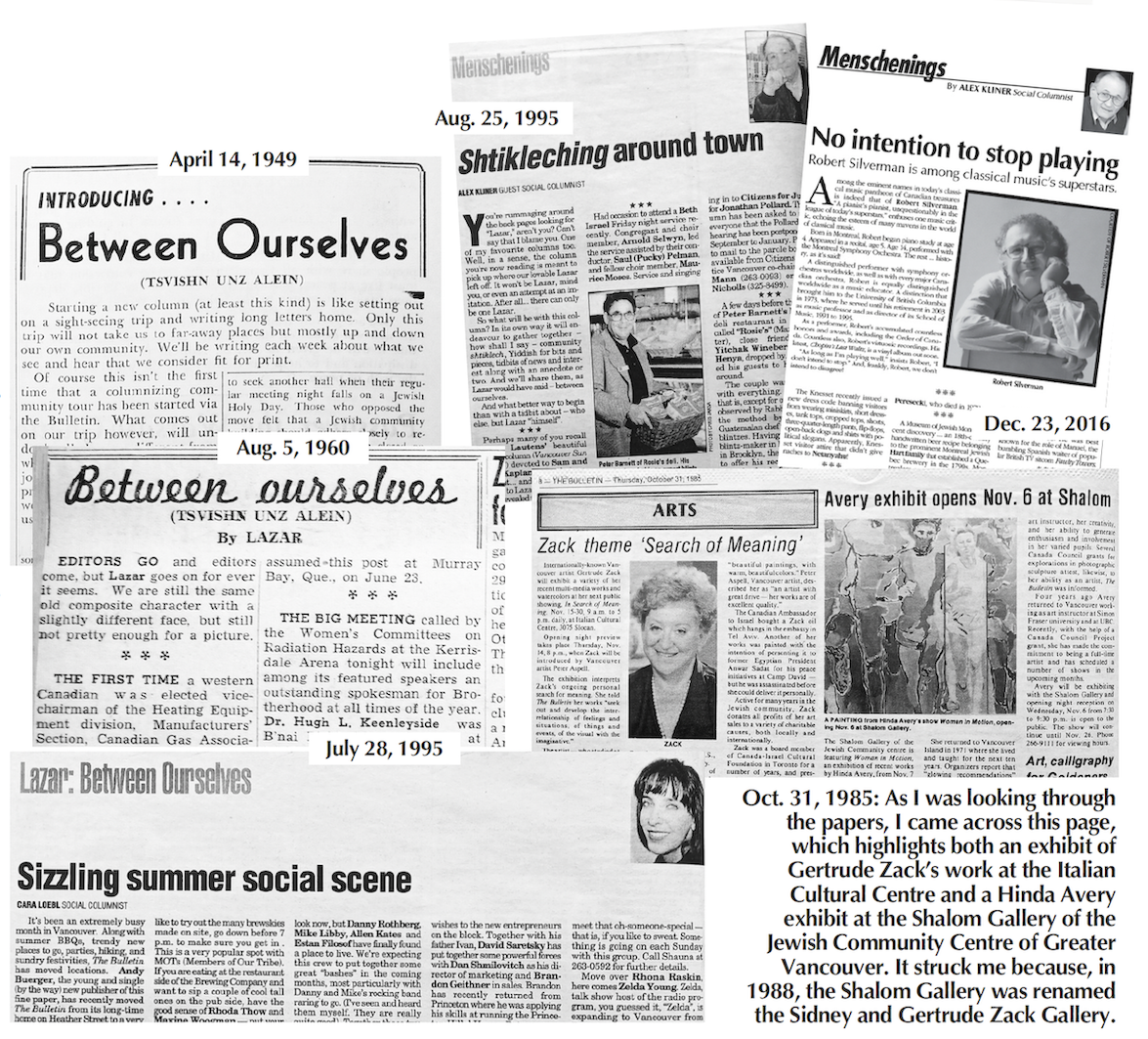This year, I volunteered to help during High Holidays at my congregation. As a result, I became one of the “ticket ladies” on Rosh Hashanah. I used a cellphone that scanned bar codes on service tickets. When I first saw this being done on a holiday, I was surprised because of the technology use at a Conservative congregation on a day when some might not carry a phone. My family chose to print out our tickets, but times change. Even though everyone in my family had a printed ticket, we carried our cellphones anyway as we volunteered. It seemed safer to have our phones while walking to synagogue and while we were there. After all, that’s what the tickets are for, too. They indicate that the person belongs or has a spot and that the person is “safe.”
The police and private security guards asked where they should position themselves. More than once, they indicated that being indoors in the lobby might be a good spot. Instead, they were asked to stand outside, in autumn’s sunny weather, guarding the doors and/or directing traffic. I heard only one incident of loud, angry shouts on the street, near the police officer there. That was enough for me. I was relieved police were there, and that there were master lists of everyone who might be in the building that day, just in case.
While outsiders might think that this security is new, this is just the usual necessity at Jewish gatherings, though admittedly now more than ever. At odd moments between ticket scans, I thought of a dear family friend named Marge, who passed away in her 90s. Marge was a venerable and respected volunteer at the temple where I grew up. She was famous for her High Holiday ticket lady efforts. Marge was all business at the front door, a big smile for those she knew as they flashed their tickets. Yet, even if Marge knew you for 50 years, if you forgot your ticket, that grin vanished. A stern reprimand ensued. Marge kept us safe, and she wasn’t playing. She took that job seriously.
The congregation where I grew up, Temple Rodef Shalom in Falls Church, Va., is right near Washington, DC. Rodef Shalom started out small in the 1960s, when my paternal grandparents were founding members. It grew rapidly, along with the Washington area. My mom started its preschool, ran the entire education program, and ended her career there as the administrator/executive director. As a Jewish professional’s kid, I knew where the emergency alarm buttons were and that synagogues near DC were frequent targets of hate. Congregation members who worked for the FBI or CIA formed part of the volunteer security patrol for the High Holidays, too. Everyone smiled as they said that “no-nonsense” Marge ran a tight ship. She was their best line of defence.
Nobody knew this history in Winnipeg when I was given the ticket lady designation. I’d emailed with Marge right up until her passing. I tried to see her at every family visit. She loved to tell me about her Canadian grandfather, a fur trader whose family came from Sault Ste. Marie. The whole holiday, in between wishing everyone gut yontif, shana tova or sweet new year, I longed to tell Marge all about how I was a ticket lady now. I knew she’d love it. When I mentioned this to my mother, we both smiled over the phone. I’d never be as good at it as Marge was, but my mom also said, “Don’t worry, I’m sure Marge knows. She’s proud of you.”
Being a ticket lady was an education. I’ve been in Winnipeg 16 years, so I recognized many names on the tickets, but definitely not all the faces. As people rolled in, I also recognized how diverse we are as a people. Some of us are early, others right on time – and then, there are the rest.
This experience let me greet new people and hold on to lifelong connections. It made me think about a grammar term that’s fallen out of use. I wondered at how, as individuals, we are also dependent clauses. For years, we have seen news, books and other sources where the editing allows a sentence to start with “and” or “but” in a way that’s clearly dependent on the prior sentence. When I see this, I want to chastise, just as Marge might have. To me, that editorial choice still grates, but the volunteer experience made me see how the Jewish community works together. At the best of times, we are an enormous team, dependent on one another to function at our best.
Volunteering is an important part of Canadian identity. It was a required topic to study for my Canadian citizenship test, and I wondered why more congregants hadn’t volunteered. It was a vital part of my holiday this year. It reminded me how reliant we are on one another, as well as on our allies, our laws and law enforcement. Dependent clauses aren’t full sentences on their own. We, too, must remain connected to maintain meaning as Jews in Canada.
In the Babylonian Talmud’s tractate of Zevachim, which I’m now studying, there’s a lot of time spent on what happens when a Temple (animal) sacrifice goes wrong. If the priests in the Temple had the wrong intention or person in mind when performing a sacrifice, it could mean the person’s sacrifice wasn’t valid. We don’t sacrifice at the Temple in Jerusalem anymore, but our intentions, towards ourselves, the community and the world, still matter. Volunteering wasn’t a sacrifice for me. It felt like I was fulfilling my role with the best intentions while I depended on others to keep me safe at that open door. Instead of any kind of sacrifice, it was a High Holy Day bonus.
Joanne Seiff has written regularly for the Winnipeg Free Press and various Jewish publications. She is the author of three books, including From the Outside In: Jewish Post Columns 2015-2016, a collection of essays available for digital download or as a paperback from Amazon. Check her out on Instagram @yrnspinner or at joanneseiff.blogspot.com.




